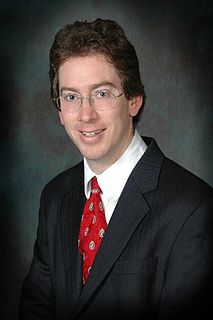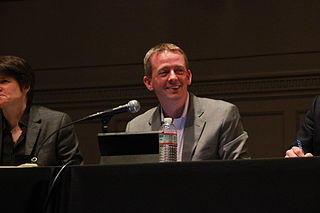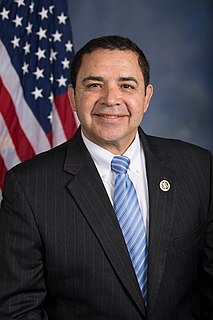A Quote by Bryan Caplan
Sociotropic voters with biased economic beliefs are more likely to produce severe political failures than are selfish voters with rational expectations.
Related Quotes
I think primary voters have a right to know. And Donald's Trump excuse of it that he's being audited, look, that makes it even more important for him to release his taxes, so that voters can see if there is - Mitt Romney suggested there could be a bombshell there. I don't know if there is or not. But Donald is hiding them from the voters, and I think he owes candor to the voters.
The rise of a new kind of political science in the 1960s has been driving a wedge between political insiders and voters ever since. By turning voters into interest groups, it stopped establishment leaders from articulating a national narrative. It opened the way for Movement Conservatives to create today's political crisis.




































